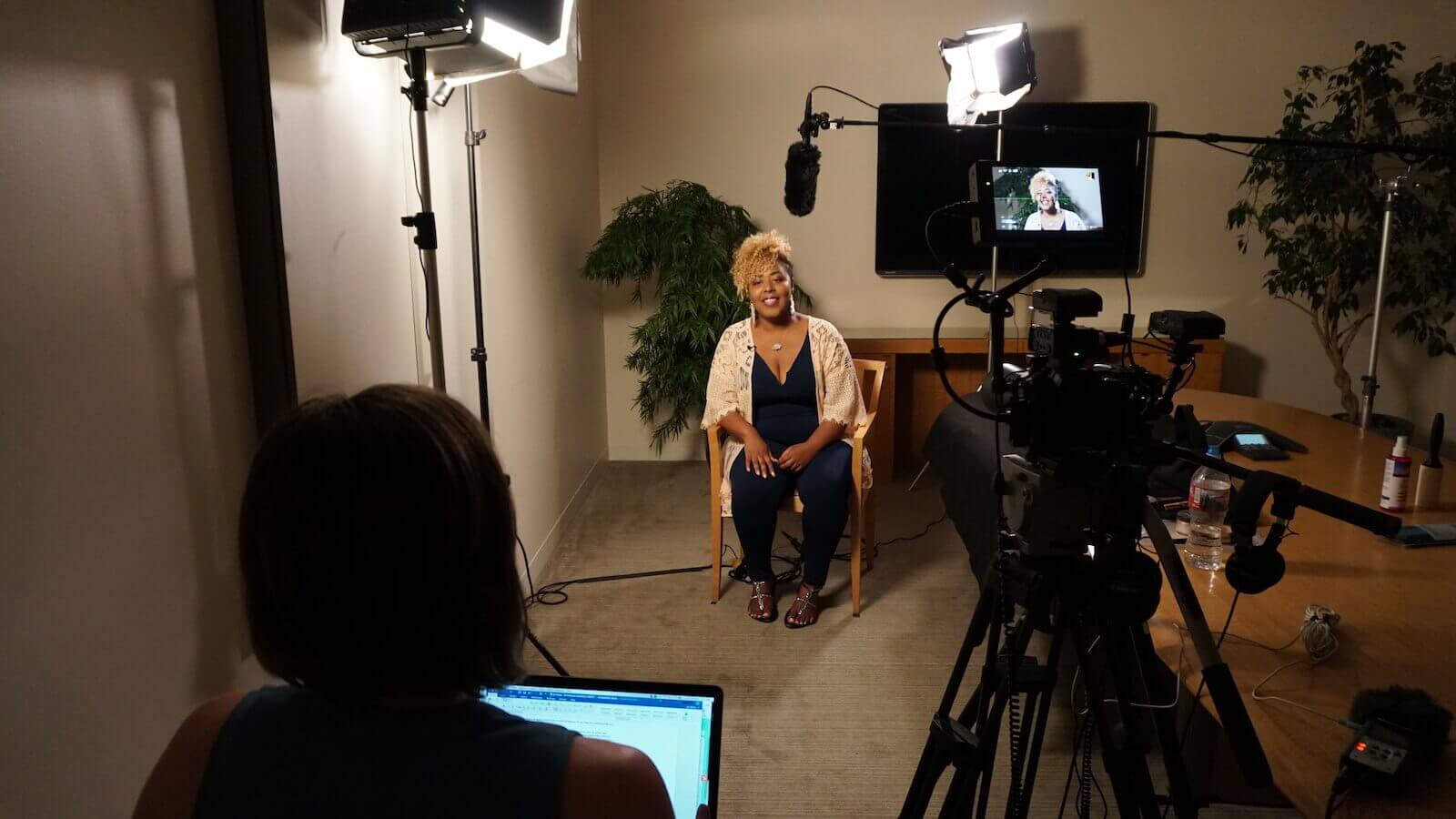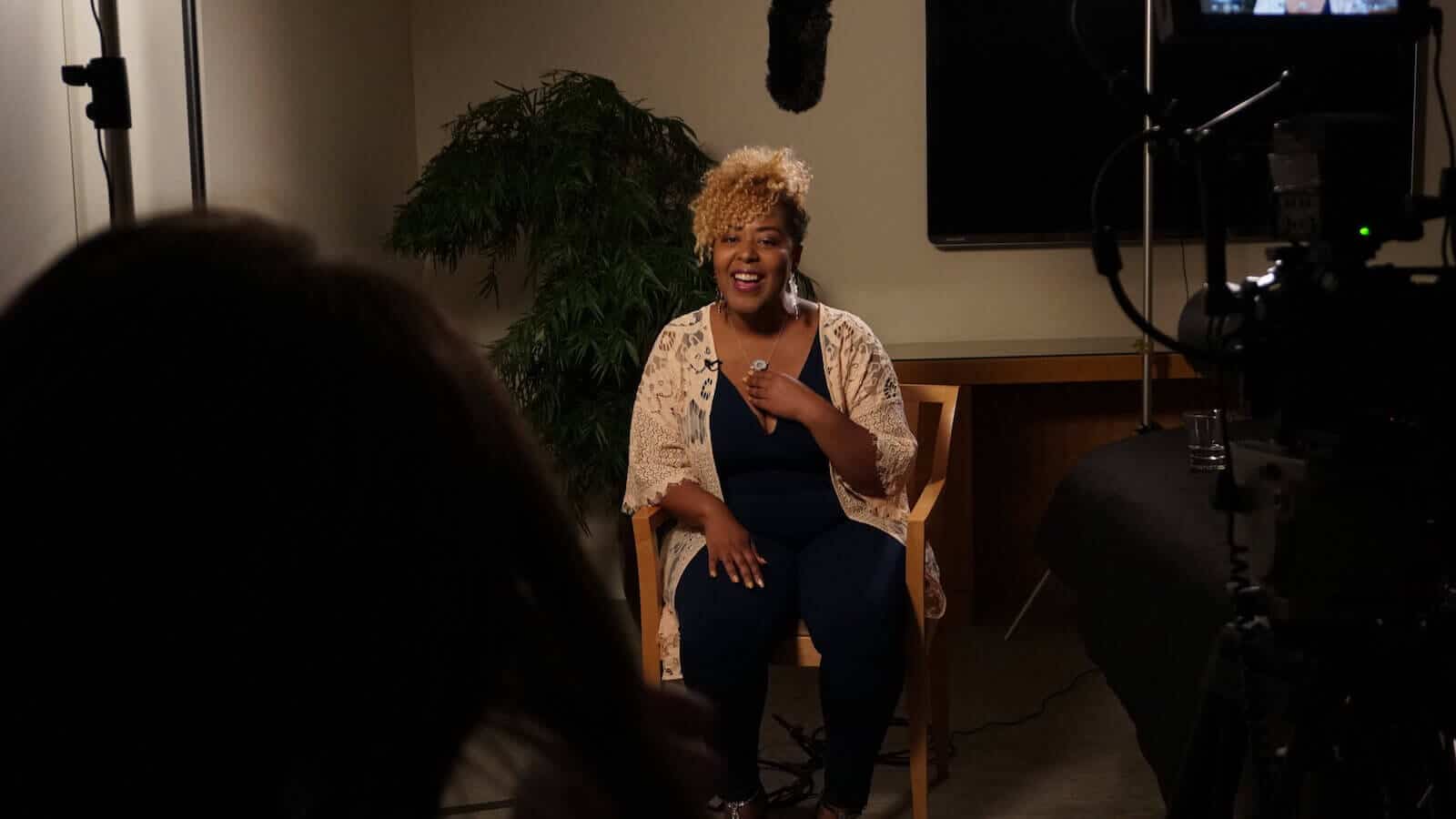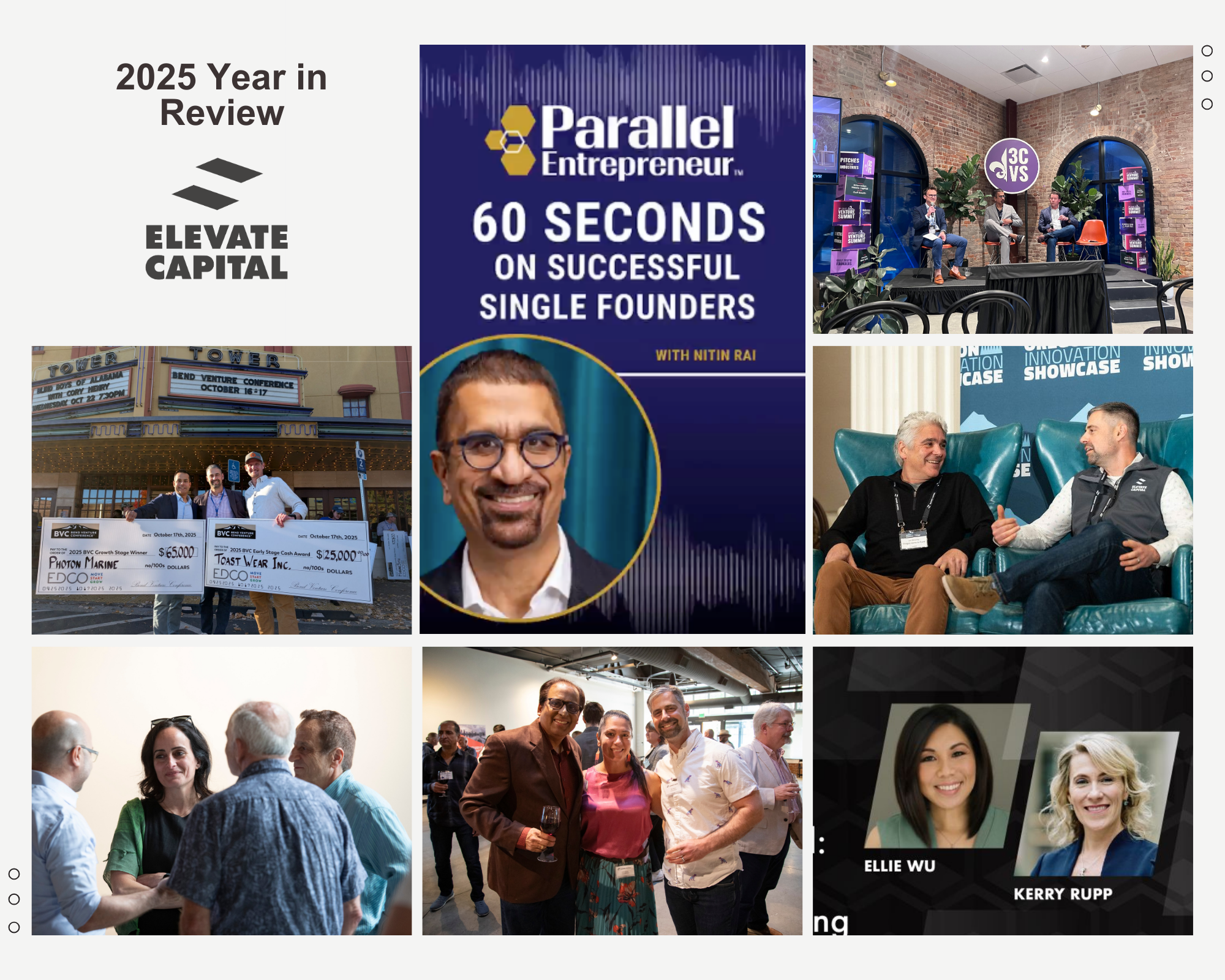What compelled you to start Chelsea DeLoney Collection?
I’m the daughter of an artist. My mom has been a multimedia artist in Portland for 35 years. She does anything from sculpture to silk painting to metalworking. I was really inspired growing up, seeing all the amazing things my mom made.
As I became a teenager, I found it difficult to wear cool jewelry without breaking out everywhere. When I was 20 years old, I started apprenticing with my mom. I created wild and funky designs with crystals and chains.
My jewelry evolved as I learned more about the electroplating process. I came across a vintage leaf (actually a marijuana leaf) that was electroformed and pretty much preserved forever. I thought it was so amazing that I spent a year watching YouTube channels, researching, and looking at chemistry books until I was finally able to produce my first leaf. So, creating the Chelsea DeLoney Collection been a pretty cool journey.
How did your childhood dream turn into this one?
Since I was born, I’ve had a wild sense of style. My mother embarrassingly shows pictures of me in my little red bathing suit with a skirt. I wore that red bathing suit everywhere, even the grocery store. By the time I was in fifth grade, I showed up to career day as a fashion designer. I wore a cool scarf on my head, awesome sunglasses and boots.
Expression is a form of storytelling, and that’s always been a huge part of my life. I knew I wanted to do something with fashion one day. I began the Chelsea DeLoney Collection, because I wanted versatile pieces that were lightweight and high quality. Unlike the things available for my budget at Forever 21 or Urban Outfitters, I wanted to make jewelry I could pass down to my daughter or sister.
The other message behind this collection is that it’s uniquely Afrocentric and modern. In today’s world, people are standing up for what they believe in…and who they are as a person. My identity as a black woman really comes out in the design of my jewelry. Anybody can wear it. My collection is just my way of contributing to my culture.
Tell us about Chelsea DeLoney Collection.
Chelsea DeLoney Collection is an affordable luxury jewelry company that I started about six years ago. The collection has been in boutiques all over Portland: Redux, Sweet Jane, and Glam Boutique in St. Johns.
The point of the Chelsea DeLoney Collection is not only to have affordable luxury jewelry but to be comfortable. Each of my pieces weighs a little bit less than an ounce. These earrings are incredibly versatile. They will follow you through every phase of your life, and you’ll create memories with them.
During the early stages of Chelsea DeLoney Collection, what was the impossible challenge?
One of the most impossible things I’ve ever encountered was assembling my own chemistry lab. I went online and googled how to set this lab up, then collected beakers and glass containers from Ikea or vintage shops. Actually getting the chemicals it takes to do this, and understanding how they work, is really hard.
The second hardest thing is putting yourself out there in front of your business. I’m not shy, but I’m not the biggest extrovert either. People aren’t just buying your products, they are buying into you as a brand.
Share an “aha” moment from your first year in business.
A huge “aha” moment happened when I took my pieces into the first boutique to ever carry my jewelry. The owner took a look at my collection and said: “You know, I would pay $120 for this if I saw it in a high-end store.”
A lot of artists never charge as much as they’re worth. Hearing somebody tell me I was worth probably about three times what I was charging was really cool.

Any rituals that help you stay healthy and productive?
I use a singing app called Smule, where I karaoke with people from around the world. If I’m having trouble with my website, or if I can’t get a good picture of my product, I’ll stop and sing then come back to it. I love singing anything by Amy Winehouse and Fleetwood Mac.
Dancing around with my son is another thing that relieves stress for me. I look forward to it after I get home from work or a photoshoot.
What challenges do underserved entrepreneurs need to overcome?
That’s a very heavy question. One of the things we face here in Portland—and probably other areas face too—is that there is a lot of racism rooted in business.
If you look at history, certain businesses would not even serve people of color. If I walked into a dress shop in 1950, I would not have been able to try on a dress. One of the shop girls that was my size had to try on a dress to see if it would fit me.
A lot of people don’t know this, but black people and black millennials are the driving force behind consumerism now. We control 1.2 trillion dollars of the market. We’re walking around with this history behind our shopping experiences, so that can be a challenge. When you’re a minority entrepreneur, you may have some feelings about how you’re being treated when you’re doing business with other people.
Another thing is gentrification, which affects minorities and people across lower economic backgrounds. If you want to start a business in a specific neighborhood, you might face some barriers—like not being able to afford $5,000 per month for a rental space, because it’s in a hip area that used to be the poor part of town.
Getting funding is another huge barrier that’s really frustrating. People will often tell you no, even if you have the same portfolio as a successful, white counterpart. But, if you believe in yourself and persevere, you can overcome these challenges like I have.
Describe your venture capital experience with the Elevate team.
I decided to work with Elevate because I took the TiE XL Entrepreneur Bootcamp with TiE Oregon, an organization Nitin is involved in. I really liked meeting people that were involved at a higher level with the program. Nitin came in and gave us personal feedback about our businesses, which was very honest and useful.
I tend to trust people like Nitin, who is straightforward and gives me useful critiques I can grow and build on. I learned so much at the TiE XL Entrepreneur Bootcamp, that my pitch ended up being pretty entertaining. Nitin took me aside and talked to me about the possibilities for my business.
I was really excited to work with Nitin, because he’s a visionary with all of these great ideas. I was also excited because he provided mentoring and support, which is a big deal for a woman trying to start a business.
In what ways does Nitin Rai’s mentorship guide your success?
Elevate has provided me with resources and tools I wouldn’t have had otherwise. That might be access to big events with Prosper Portland or companies that help you with your website or logo.
Nitin also connected me with my mentor, Paula Hayes, who is the owner of Hue Noir. She has a chemistry background, and I’m just a chemistry novice. Paula went through a lot of the same things that I did. She already understands and helps guide me step-by-step through challenges. That’s been invaluable to me.
How has networking in Portland helped your business?
Networking with other people has helped my business a lot. People aren’t just looking for your product on their own. They’re looking for a product that other people trust.
When you network, you’re able to get your product and yourself out there. You can find partners for collaboration as well, which is really important at this age.
What advice would you give to an aspiring entrepreneur in an elevator?
Fight for your brand and fight for your message. When you know your brand, and the purpose of your business, it’s easy to remind yourself why you’re doing it. As an entrepreneur, three to seven times a day you will probably want to quit—especially in the beginning.
Perseverance is important. If you don’t persevere, you don’t have a business. Always remember whatever inspires you to persevere.



